Zinedine Zidane walked away from Santiago Bernabeu when he assessed the time was right to leave. He had just won the Champions League for the third time and elected to take his leave as a hero.
History will judge his Real Madrid team kindly but their buoyant form in European competition helped mask what was an otherwise ordinary season.
They failed to win 16 games in La Liga and finished 17 points behind Barcelona. Zidane’s final season in charge got off to a terrible start and did not stabilise from that point out. They failed to beat Valencia, Levante and Real Betis at home; the league title was effectively surrendered before Christmas.
Indeed, Zidane was reckoned to be playing for his job in the Champions League final against Liverpool. If Los Blancos lost that, there was a school of thought around Madrid that he would have been given his marching orders by president Florentino Perez.
The Champions League win notwithstanding, there were issues that clearly needed to be addressed at Madrid. Their ability to “suffer” – to use a favourite word of Zidane’s – and still come out on top in continental competition helped paper over the cracks. But there was elimination to Leganes in the Copa del Rey quarter-finals and clear warning signs all season long that some drastic changes were needed.
Next Match
That might sound an odd thing to say about a team that won three consecutive Champions League titles, but it’s true. This team’s legacy was built on one-off games under the lights in Europe and not in the relentless slog of a 40 to 50 game season.
Therefore, when Zidane left and took his magic dust with him, the new man in was always going to have a job on his hands in simply maintaining Madrid’s reputation, let alone improving it.
The sale of Cristiano Ronaldo looked a fait accompli before Lopetegui arrived. That was always going to need addressing. Those who accuse Ronaldo of being a flat-track bully or a stat-padder would do well to consider the fact that Madrid are on their worst scoreless run – four matches – since the mid-1980s.
It’s not so easy to get all those tap-ins after all. Finding an extra 40 goals a season from Karim Benzema, Gareth Bale and Marco Asensio is no mean feat and will not be accomplished easily.
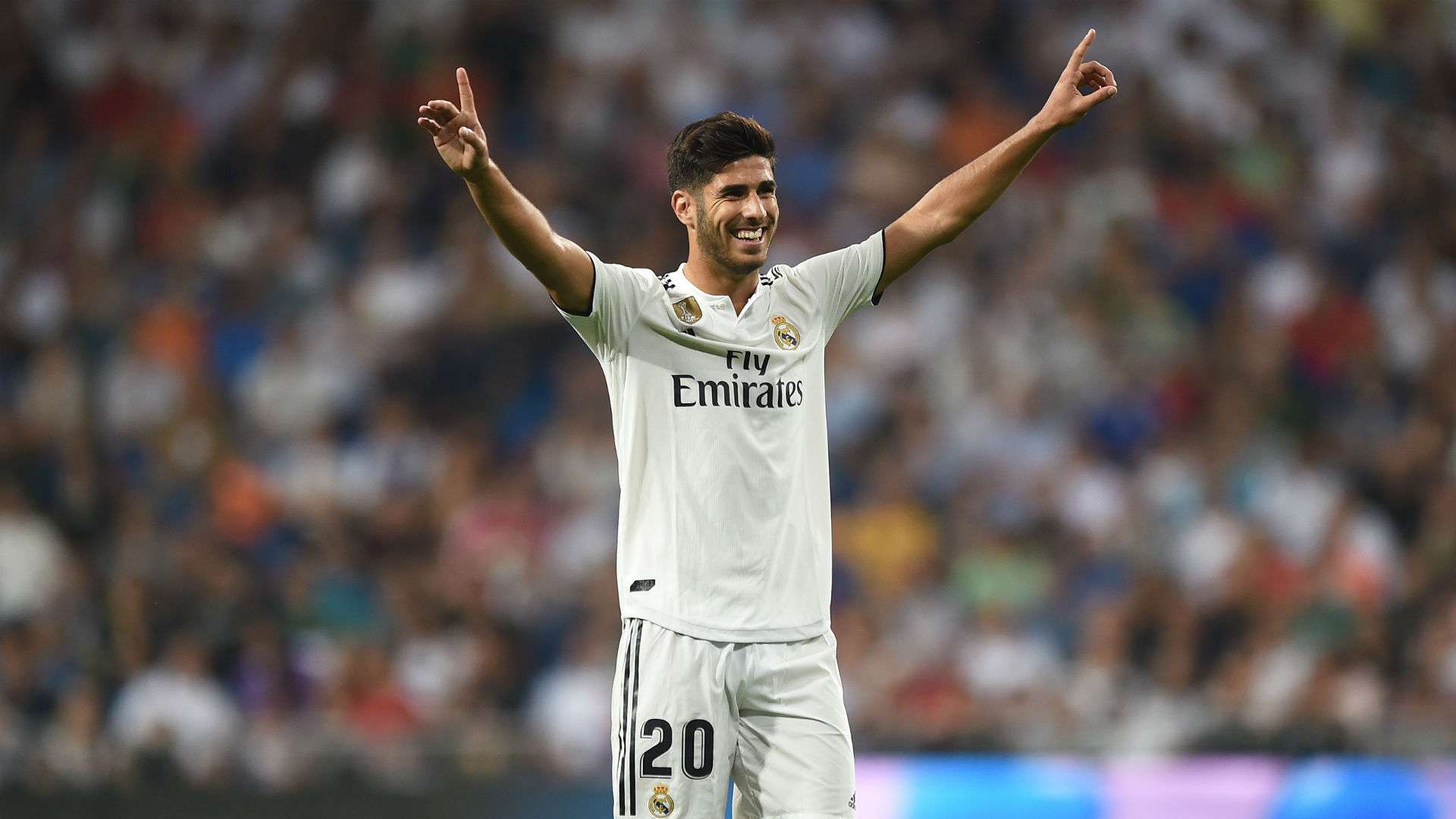 Denis Doyle
Denis Doyle
Perez’s transfer policy over recent seasons has been less about readymade Galacticos and more about investing in the future. Hence the likes of Jesus Vallejo, Alvaro Odriozola, Dani Ceballos, Marco Asensio, Vinicius Jr and Mariano Diaz have headed the list of arrivals over the last few years. Only Asensio is on the level of his first-team colleagues while any coach who comes in has no choice but to wait for the rest of them to improve and mature.That is not Lopetegui’s fault; he is in a sense a victim of Perez’s noble attempts to regenerate Madrid from the bottom up.
Lopetegui has implemented a new style of play at Madrid this season which worked extremely well for the first three or four league games and carried over into the totally dominant win enjoyed over Roma in the opening Champions League fixture.
But since then Madrid have come unstuck. They have had lots of possession but are unable to translate that into goals. Ronaldo’s departure hasn’t helped in that regard and Benzema simply hasn’t been converting the chances coming his way.
Add into that a swelling injury list – which Lopetegui has referred to after recent defeats – and you have all the makings of a disaster.
Against CSKA Moscow last week, Madrid were without Dani Carvajal, Marcelo, Gareth Bale, Isco and Luka Modric – who was on the bench – while Sergio Ramos didn’t travel. That in effect is Zidane’s team hollowed out. Any coach is going to struggle with that number of absences. Some of those absences have bled into La Liga as well with recent blanks being drawn because Isco hasn’t been playing.
There is a noticeable World Cup hangover on certain members of the squad with Raphael Varane not at his best, Modric failing to convince the new boss of his powers and Zidane stalwart Casemiro being one of the chief victims of Lopetegui’s preference to chop and change his personnel from game to game and from half to half.
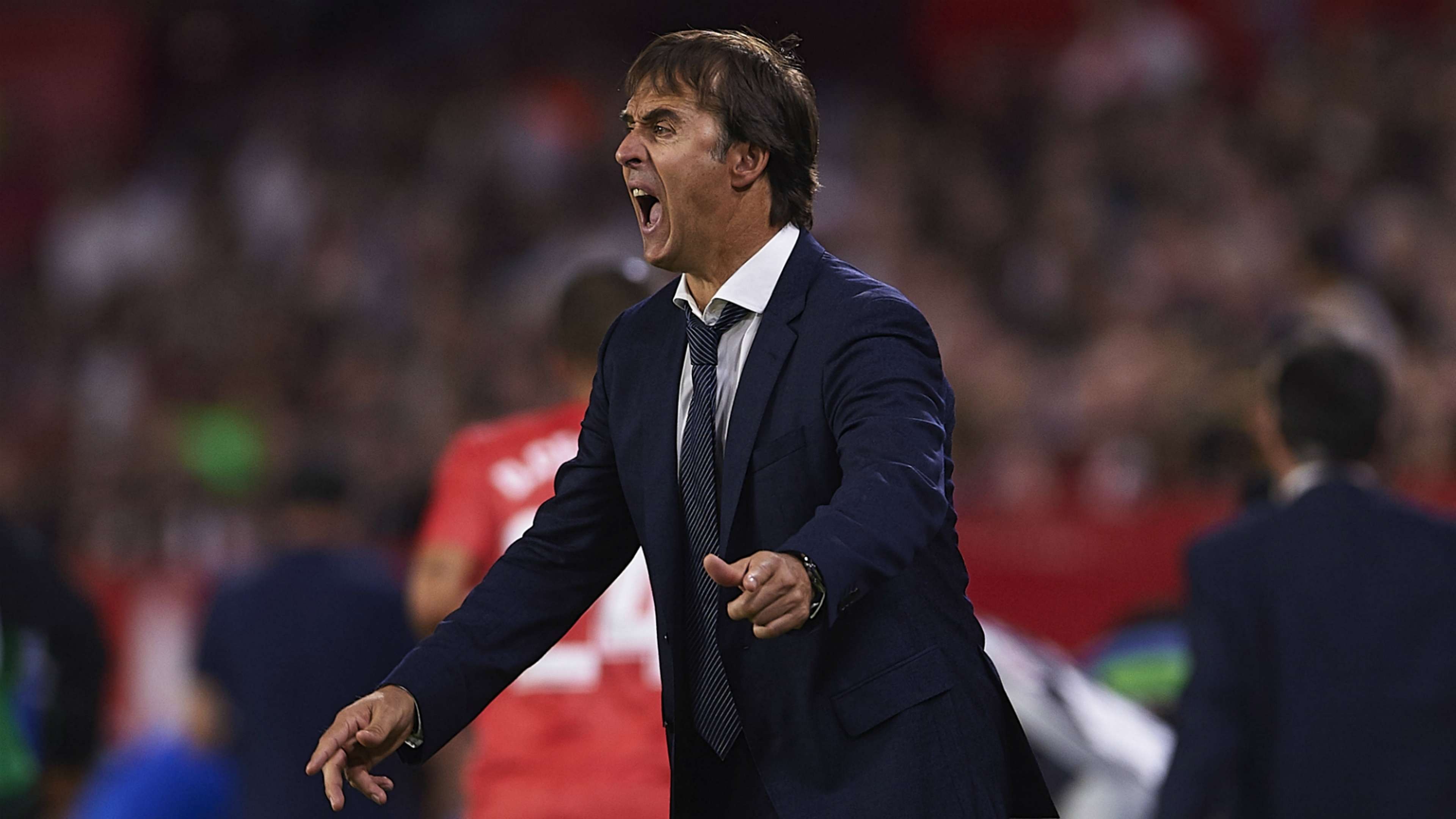 Getty Images
Getty Images
This mini-plague of injuries – which latterly included Benzema and Asensio as well - should be interpreted as a canary in the coal mine for what’s going to happen when some of Madrid’s 30-something stars begin to deteriorate and retire.
It was always going to be an unenviable task in replacing a club legend like Zidane and the signs don’t bode well for Lopetegui. There have already been whispers that Madrid’s board are considering replacements with the Clasico against Barcelona at the end of the month now becoming a landmark moment in the incipient regime.
It's five years since Sir Alex Ferguson departed Manchester United and won the last of the club's 20 top flight titles. And there are parallels between what he left behind for David Moyes to inherit and the current situation in front of Lopetegui. Sure, there is a sense that the new coach might have bitten off more than he could chew but there are deep-rooted issues that extend far, far beyond the remit of a mere coach.
It was understandable that the former Spain coach took the opportunity to go to Madrid when it arose, but the question must now be asked. Did he give up a shot at World Cup glory with Spain just to become Madrid’s Moyes?
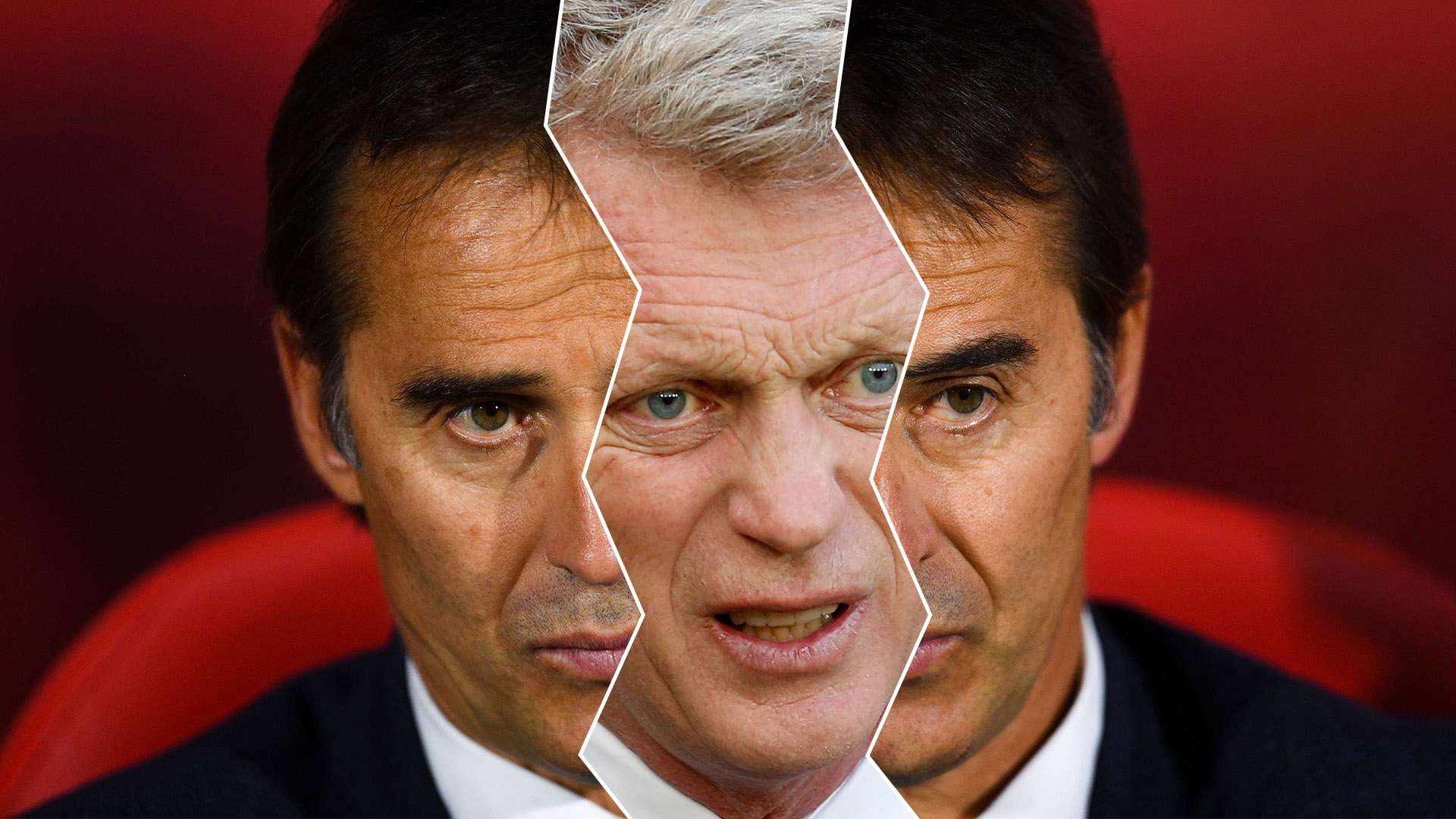



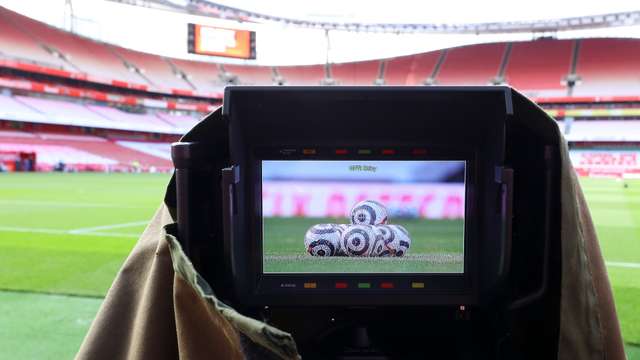
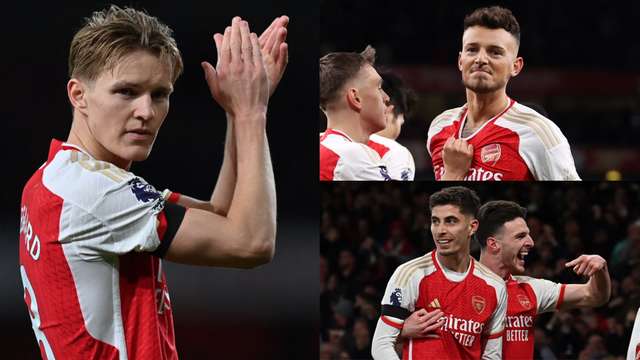
-min.png?auto=webp&format=pjpg&width=640&quality=60)